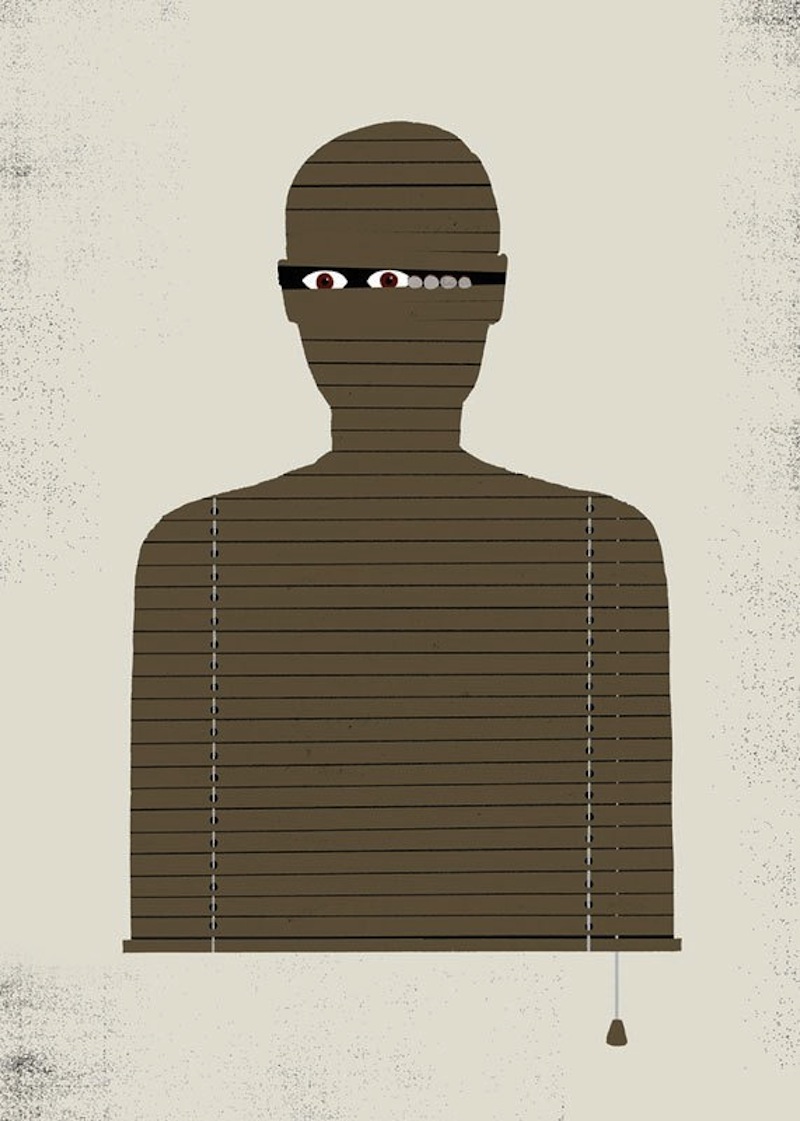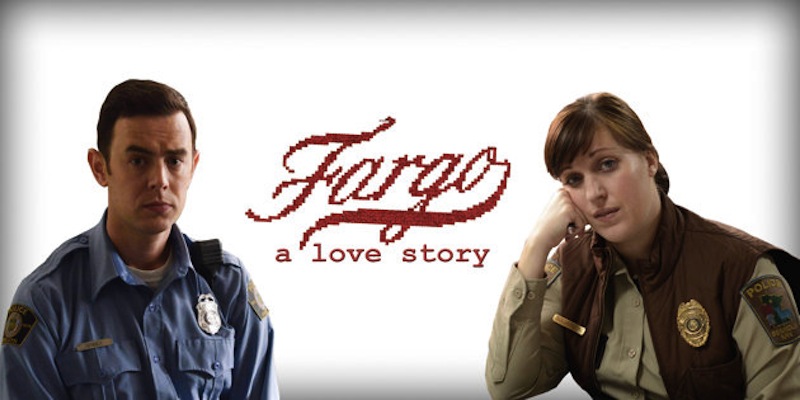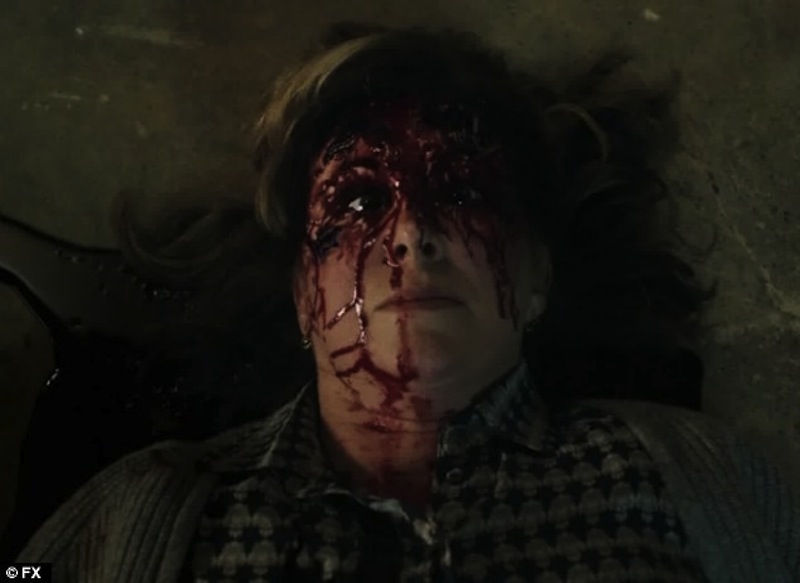Digging in the Dirt
Joanna Campbell
There is a stranger in us—a naked, needy, hungry portion of ourselves, a lost brother or sister of our own soul—to be reclaimed by being accepted consciously and allowed expression in life. — John A. Sanford, The Kingdom Within
A man I know was murdered on Sunday. I didn’t know him well, but our paths crossed, and our circle of friends overlapped. His circle was wide and encompassing. TC Edwards was passionate about music, rock n’ roll to be exact. He was African-American. I loved the contrast of his long dreadlocks with his passion for heavy metal. But then, TC was a person of contrasts. He was on the autism spectrum, which close friends noted was mild. It is not clear if his autism or his sweet, gentle heart made him vulnerable to bullying. It is not clear yet if the man in his neighborhood who burglarized TC’s home and assaulted TC is the same person who shot him in the back of the head. Here is what I do know. The person who shot TC hid from his own inner darkness, and the hungry, ailing stranger within him got sicker and sicker until the shooter thought homicide would kill the now-monstrous part of himself.
I don’t pretend to have answers or sophisticated arguments about our epidemic of violence. TC’s murder was cruel. The childhood violence that was possibly inflicted on the shooter is cruel. The violence he continued to inflict on himself is tragic. He is part of the walking dead. He left hundreds reeling with grief.
John Sanford writes that unless we are willing to face the naked, needy, and hungry stranger within us, what Sanford calls our unconscious, it will turn even darker and eat us alive. If we can invite the stranger in, “we bring Christ into our lives. Christ himself is in the lost part of our souls.”
For my friends who may not believe in a Christian god or are not inclined toward a faith tradition, may I suggest substituting the words, Love or Hope or Gratitude, for the word, Christ.
In the muck of our fears and pain and revenge fantasies is the chance to find something new. The muck is the place of dirt, scraps, feces, and bones. In other words, compost. The stranger within each of us begs for creative renewal. It wants to be something beautiful.



